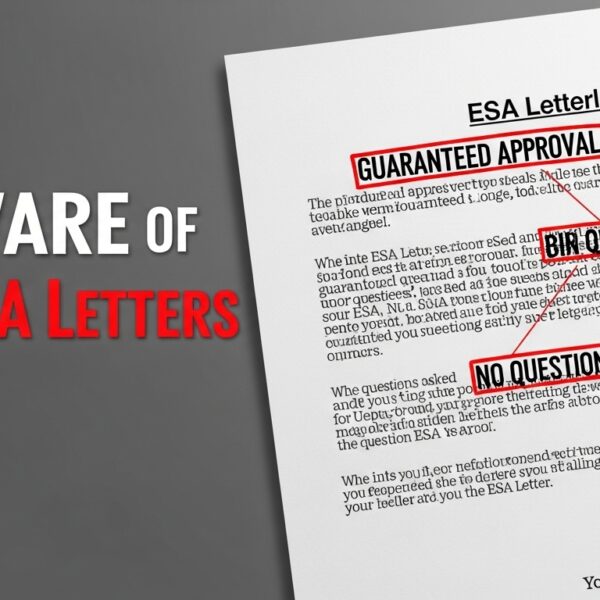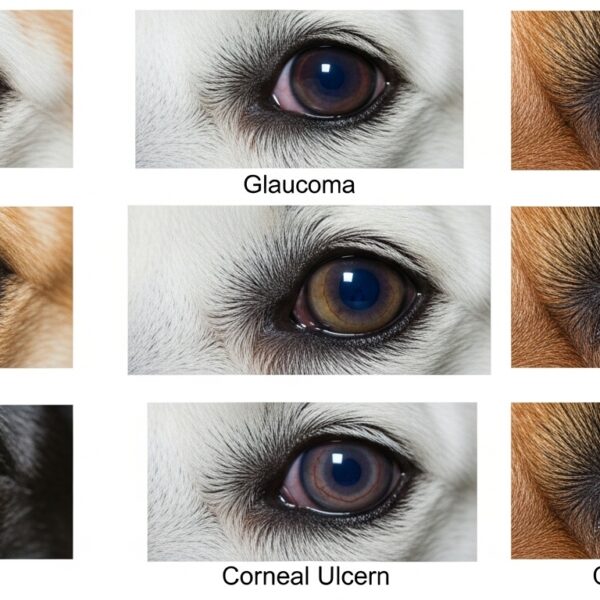Table of Contents
Introduction
If you’ve just welcomed a pint-sized puppy—think Yorkie, Dachshund, or Pomeranian—into your life, congrats! Small breed puppies melt our hearts but can also need a bit more careful attention than you might think. This puppy health checklist for small dog breeds is here to help you with all the new puppy health tips and day-to-day care essentials. Whether you’re totally new to dog parenting or just want a refresher, this is your go-to small breed puppy care guide for confident, loving care right from day one.

1. Schedule Your First Vet Visit
Your first priority after bringing your new puppy home? A trip to the veterinarian! Regular check-ups are crucial for monitoring your pup’s health and development, especially since small breeds are more prone to certain genetic issues (like dental problems or patellar luxation).
- Make sure vaccinations are up to date.
- Discuss spaying or neutering.
- Ask your vet about early parasite prevention.
- Set up a timeline for future health checks.
Pro Tip: Bring along any breeder or rescue paperwork, vaccination records, and a list of questions for your first appointment. Your vet will appreciate your preparedness!

2. Start Smart Nutrition
Tiny breed puppies need special food to fuel their fast growth and high metabolisms. Feeding the right diet is key to how to raise a healthy small puppy!
- Choose high-quality food formulated specifically for small breeds or puppies—the kibble should be small enough for little mouths.
- Feed 3–4 small meals a day (small dogs can’t handle big meals!).
- Constant access to clean, fresh water.
Watch out: Small breeds are at risk of hypoglycemia (low blood sugar), so regular feeding is crucial.
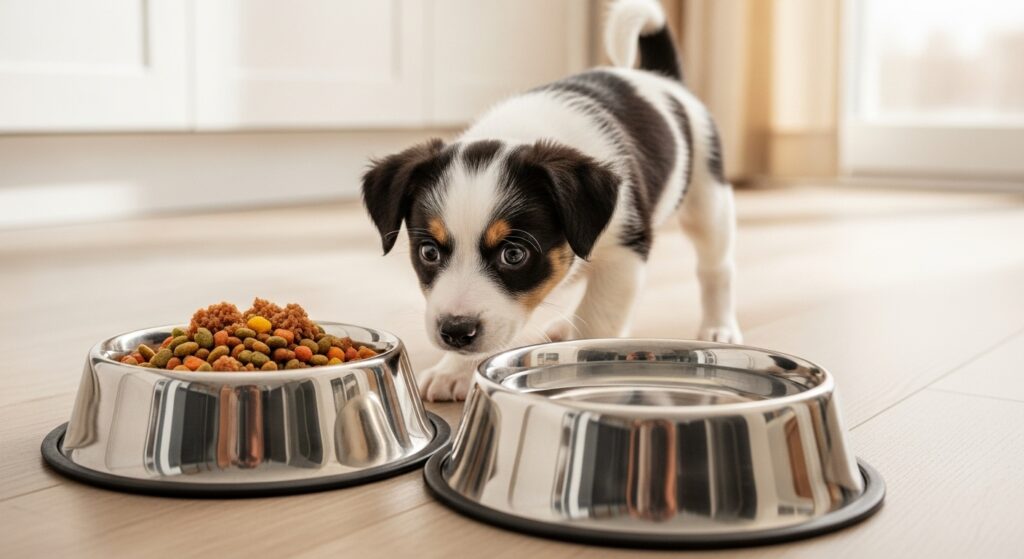
3. Practice Gentle Handling and Socialization
Socializing a small puppy is essential for a confident, friendly adult dog—but their size means extra caution.
- Gently expose your pup to new sounds, sights, and friendly people or (safe) pets, following a pace your dog is comfortable with.
- Encourage careful handling, especially by kids, to avoid accidental injuries.
Socialization is a cornerstone of every great small breed puppy care guide—helping prevent fear-related issues later in life.

4. Puppy-Proof Your Home
Small breed puppies are curious explorers! Make sure your home is safe:
- Remove choking hazards, such as cords, small toys, coins, and rubber bands.
- Block off unsafe areas (stairs, balconies, gaps behind appliances).
- Store cleaning products and meds safely out of reach.
A well-prepped space keeps accidents at bay and supports your goal of how to raise a healthy small puppy.
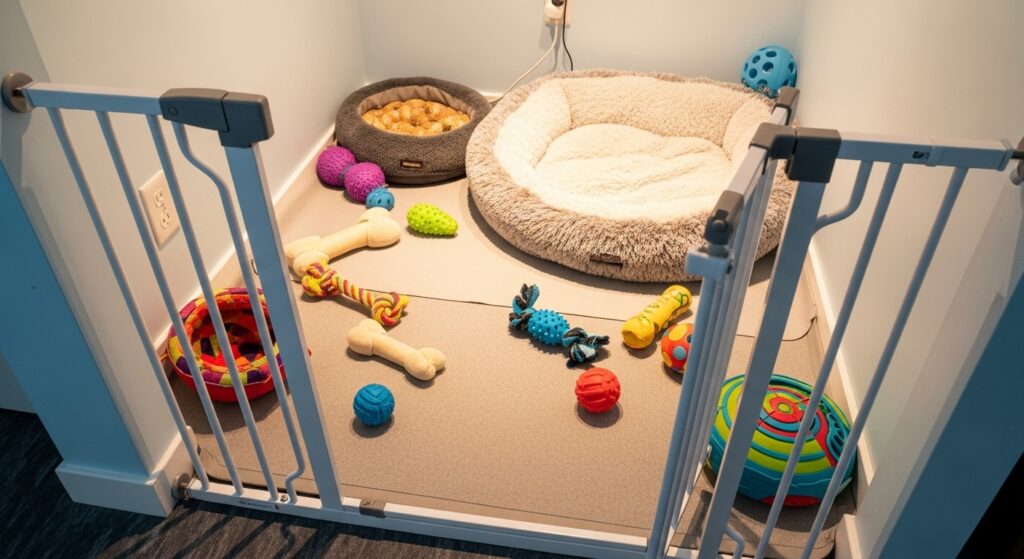
5. Dental and Grooming Basics
Did you know small breeds are more prone to dental issues than larger dogs? Good grooming and dental care routines go a long way towards lifelong health.
- Use a puppy toothbrush and vet-approved toothpaste 2–3 times a week.
- Begin gentle brushing routines early—small breeds sometimes shed, sometimes don’t, but all need regular coat checks for mats or tangles.
- Schedule nail trims and ear checks as part of your routine.
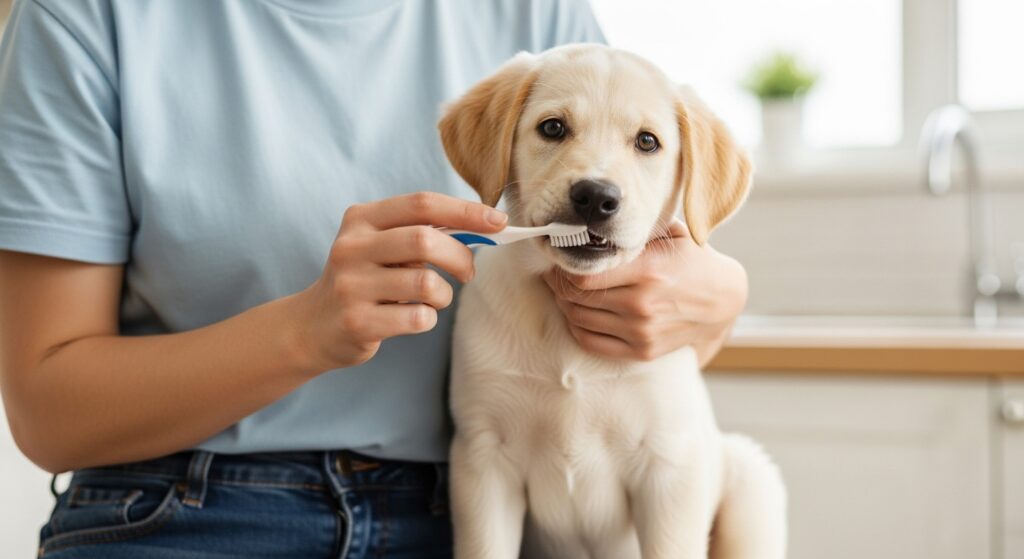
6. Stay Active—But Not Too Much!
Puppies need exercise, but small breeds can burn out fast. Keep play sessions short, gentle, and spread throughout the day to burn off energy safely.
- Choose toys suitable for small mouths.
- Supervise outdoor playtime (tiny puppies can escape fences or get injured easily).
- Provide soft beds for lots of naps.
Remember: Over-exercising too young can hurt growing joints, so avoid intense running or jumping.

7. Track Growth and Health
Keep a simple log of your puppy’s growth, appetite, weight, and any changes in behavior, poop, or energy levels. This helps you spot issues early and is super helpful for vet checkups.
Common FAQs for New Small Breed Puppy Owners
Q1: When can my small breed puppy go outside?A: It’s best to wait until your puppy has had all their core vaccinations—usually by 12–16 weeks. Before then, stick to supervised yard time or play indoors.
Q2: How can I stop my small puppy from biting everything?A: Redirect them to approved chew toys and practice consistent, gentle correction (“ouch!” or “no bite”). Most puppies outgrow this as their teeth settle and they learn appropriate play.
Q3: Do small breed puppies need special grooming?A: Yes! Many small breeds have coats that mat easily or skin that dries out—regular brushing, gentle baths, and the occasional professional groomer visit can help.
Q4: How do I tell if my puppy is sick?A: Watch for signs like not eating, vomiting, diarrhea, coughing, or unusual tiredness. If you’re unsure, always check with your vet—small puppies can get sick quickly.
Conclusion
Raising a small-breed puppy is an absolute joy, and following this puppy health checklist for small dog breeds gives you the confidence to get things right from the start. With love, patience, and these easy-to-use tips, you’re well on your way to a long, healthy, tail-wagging friendship.


